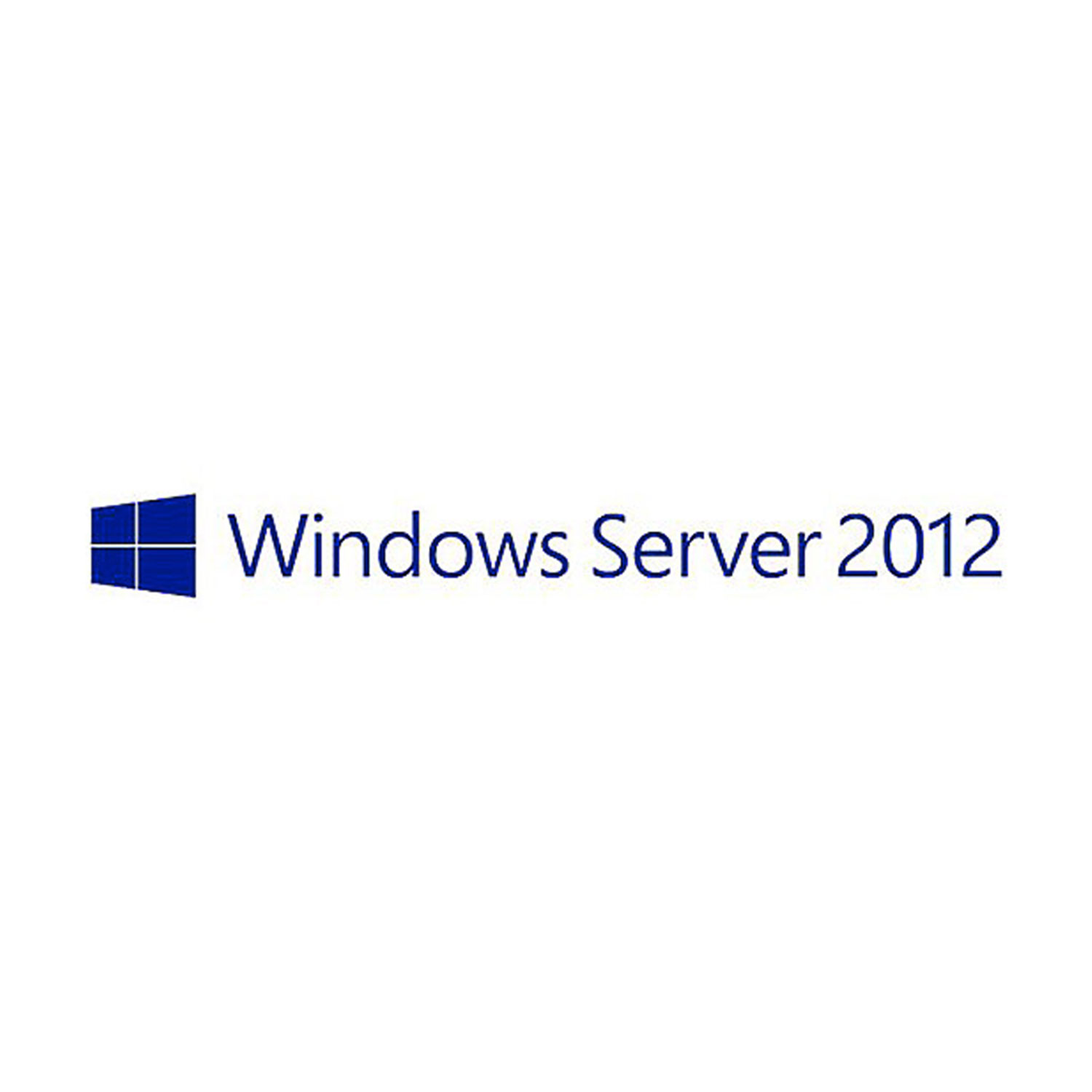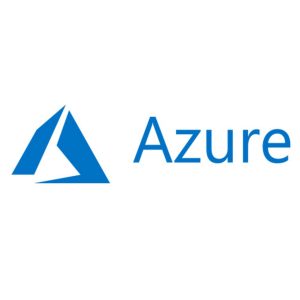Description
About this On Demand Course
The Microsoft on-demand product is an integrated on-line training experience that includes video, labs, exercises, text and knowledge checks. Attendees experience all of this through an on-demand course player.
What’s included?
- Access to the official Microsoft Video on Demand Course for 90 days from the point of first access, allowing you to start and stop when you need to.
- Lab access for 3 months from start of access.
- Digital edition of the Microsoft Official Curriculum (DMOC) manual for reference throughout your course. All DMOC come with fresh editions so your courseware will always be up to date.
- MCT Support via our Microsoft Training Support Yammer Group (you will be invited to the group after registration)
The content is based on the same official courseware we use in our instructor-led training, and videos feature engaging experts hand-selected by Microsoft. Unlike other on-demand offerings that offer simulated labs, MOC On-Demand gives you a live, real-time environment for hands-on training.
Note: Labs in this course are based on the General Availability release of Windows Server 2012 R2 and Windows 8.1.
Audience Profile
This course is intended for Information Technology (IT) Professionals with hands on experience implementing, managing and maintaining a Windows Server 2012 or Windows Server 2012 R2 environment who wish to acquire the skills and knowledge necessary to perform advanced management and provisioning of services within that Windows Server 2012 environment. Candidates who would typically be interested in attending this course will be:
- Experienced Windows Server Administrators who have real world experience working in a Windows Server 2008 or Windows Server 2012 enterprise environment.
- IT Professionals who are looking to take the exam 412, Configuring Advanced Windows Server 2012 Services.
- IT Professionals wishing to take the Microsoft Certified Solutions Expert (MCSE) exams in Datacenter, Desktop Infrastructure, Messaging, Collaboration and Communications will also be interested in taking this course as they prepare for the MCSA exams, which are a pre-requisite for their individual specialties.
At Course Completion
After completing this course, students will be able to:
- Configure advanced features for Dynamic Host Configuration Protocol (DHCP), Domain Name System (DNS), and configure IP Address Management (IPAM) with Windows Server 2012.
- Configure and manage iSCSI, BranchCache and FSRM.
- Configure DAC to manage and audit access to shared files.
- Plan and implement an AD DS deployment that includes multiple domains and forests.
- Plan and implement an AD DS deployment that includes locations.
- Implement and configure an Active Directory Certificate Services (AD CS) deployment.
- Implement an AD RMS deployment.
- Implement an AD FS deployment.
- Provide high availability and load balancing for web-based applications by implementing Network Load Balancing (NLB).
- Implement and validate high availability and load balancing for web-based applications by implementing NLB.
- Provide high availability for network services and applications by implementing failover clustering.
- Implement a failover cluster, and configure and validate a highly available network service.
- Deploy and manage Hyper-V virtual machines in a failover cluster.
- Implement a backup and disaster recovery solution based on business and technical requirements.
Prerequisites
Before attending this course, students must have:
- Experience working with Windows Server 2008 or Windows Server 2012 servers day to day in an Enterprise environment.
The course pre-requisites can be met by having knowledge equivalent to, or completing the following courses:
20410MOD: Installing and Configuring Windows Server 2012 and
20411MOD: Administering Windows Server 2012
Course Outline
Module 1: Implementing Advanced Network Services
In this module students will be able to configure advanced features for Dynamic Host Configuration Protocol (DHCP) and Domain Name System (DNS), and configure IP Address Management (IPAM).
Lessons
Configuring Advanced DHCP Features
Configuring Advanced DNS Settings
Implementing IPAM
Managing IP Address Spaces with IPAM
Lab: Implementing Advanced Network Services
Configuring Advanced DHCP Settings
Configuring Advanced DNS Settings
Configuring IPAM
Module 2: Implementing Advanced File Services
In this module students will be able to configure file services to meet advanced business requirements.
Lessons
Configuring iSCSI Storage
Configuring BranchCache
Optimizing Storage Usage
Lab: Implementing Advanced File Services
Configuring iSCSI Storage
Configuring the File Classification Infrastructure
Lab: Implementing BranchCache
Configuring the Main Office Servers for BranchCache
Configuring the Branch Office Servers for BranchCache
Configuring Client Computers for BranchCache
Monitoring BranchCache
Module 3: Implementing Dynamic Access Control
In this module students will be able to configure Dynamic Access Control (DAC) to manage and audit access to shared files.
Lessons
Overview of DAC
Implementing DAC Components
Implementing DAC for Access Control
Implementing Access Denied Assistance
Implementing and Managing Work Folders
Lab: Implementing Secure Data Access
Preparing for DAC deployment
Implementing DAC
Validating and Remediating DAC
Implementing Work Folders
Module 4: Implementing Distributed AD DS Deployments
In this module students will be able to plan and implement an Active Directory Domain Services (AD DS) deployment that includes multiple domains and forests.
Lessons
Overview of Distributed AD DS Deployments
Deploying a Distributed AD DS Environment
Configuring AD DS Trusts
Lab: Implementing Distributed AD DS Deployments
Implementing Child Domains in AD DS
Implementing Forest Trusts
Module 5: Implementing AD DS Sites and Replication
In this module students will be able to plan and implement an AD DS deployment that includes multiple locations.
Lessons
AD DS Replication Overview
Configuring AD DS Sites
Configuring and Monitoring AD DS Replication
Lab: Implementing AD DS Sites and Replication
Modifying the Default Site
Creating Additional Sites and Subnets
Configuring AD DS Replication
Monitoring and Troubleshooting AD DS Replication
Module 6: Implementing Active Directory Certificate Services
In this module students will be able to implement an Active Directory Certificate Services (AD CS) deployment.
Lessons
Using Certificates in a Business Environment
PKI Overview
Deploying CAs
Deploying and Managing Certificate Templates
Implementing Certificate Distribution and Revocation
Managing Certificate Recovery
Lab: Deploying and Configuring CA Hierarchy
Deploying a Stand-alone Root CA
Deploying an Enterprise Subordinate CA
Lab: Deploying and Managing Certificates
Configuring Certificate Templates
Configuring Certificate Enrollment
Configuring Certificate Revocation
Configuring Key Recovery
Module 7: Implementing Active Directory Rights Management Services
In this module students will be able to implement an AD RMS deployment.
Lessons
AD RMS Overview
Deploying and Managing an AD RMS Infrastructure
Configuring AD RMS Content Protection
Configuring External Access to AD RMS
Lab: Implementing AD RMS
Installing and Configuring AD RMS
Configuring AD RMS Templates
Implementing the AD RMS Trust Policies
Verifying the AD RMS Deployment
Module 8: Implementing Active Directory Federation Services
In this module students will be able to implement an Active Directory Federation Services (AD FS) deployment.
Lessons
Overview of AD FS
Deploying AD FS
Implementing AD FS for a Single Organization
Deploying AD FS in a Business-to-Business Federation Scenario
Extending AD FS to External Clients
Lab: Implementing AD FS
Installing and Configuring AD FS
Configuring an Internal Application for AD FS
Lab: Implementing AD FS for External Partners and Users
Configuring AD FS for a Federated Business Partner
Configuring Web Application Proxy
Module 9: Implementing Network Load Balancing
In this module students will be able to provide high availability and load balancing for web-based applications by implementing Network Load Balancing (NLB).
Lessons
Overview of NLB
Configuring an NLB Cluster
Planning an NLB Implementation
Lab: Implementing NLB
Implementing an NLB Cluster
Configuring and Managing the NLB Cluster
Validating High Availability for the NLB Cluster
Module 10: Implementing Failover Clustering
In this module students will be able to provide high availability for network services and applications by implementing failover clustering.
Lessons
Failover Clustering Overview
Implementing a Failover Cluster
Configuring Highly Available Applications and Services on a Failover Cluster
Maintaining a Failover Cluster
Implementing a Multi-Site Failover Cluster
Lab: Implementing Failover Clustering
Configuring a Failover Cluster
Deploying and Configuring a Highly Available File Server
Validating the Deployment of the Highly Available File Server
Configuring Cluster-Aware Updating on the Failover Cluster
Module 11: Implementing Failover Clustering with Hyper-V
In this module students will be able to deploy and manage Hyper-V virtual machines in a failover cluster.
Lessons
Overview of Integrating Hyper-V with Failover Clustering
Implementing Hyper-V Virtual Machines on Failover Clusters
Implementing Hyper-V Virtual Machine Movement
Managing Hyper-V Virtual Environments by Using VMM
Lab: Implementing Failover Clustering with Hyper-V
Configuring Hyper-V Replicas
Configuring a Failover Cluster for Hyper-V
Configuring a Highly Available Virtual Machine
Module 12: Implementing Business Continuity and Disaster Recovery
In this module students will be able to implement a backup and disaster recovery solution based on business and technical requirements.
Lessons
Data Protection Overview
Implementing Windows Server Backup
Implementing Server and Data Recovery
Lab: Implementing Windows Server Backup and Restore
Backing Up Data on a Windows Server 2012 R2 Server
Restoring Files Using Windows Server Backup
Certification Information: MCSA: Windows Server 2012
This course maps directly to and is the preferred choice for hands-on preparation for Microsoft Certified Solutions Associate (MCSA): Exam 412: Configuring Advanced Windows Server 2012 Services, which is the third of three exams required for MCSA: Windows Server 2012 credential.
The three courses collectively cover implementing, managing, maintaining and provisioning services and infrastructure in a Windows Server 2012 environment. Although there is some cross-over of skills and tasks across these courses, this course focuses on advanced configuration of services necessary to deploy, manage and maintain a Windows Server 2012 infrastructure, such as advanced networking services, Active Directory Domain Services (AD DS), Active Directory Rights Management Services (AD RMS), Active Directory Federation Services (AD FS), Network Load Balancing, Failover Clustering, business continuity and disaster recovery services as well as access and information provisioning and protection technologies such as Dynamic Access Control (DAC), and Web Application Proxy integration with AD FS and Workplace Join.




